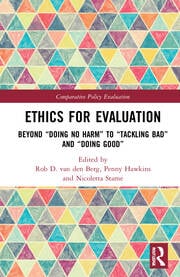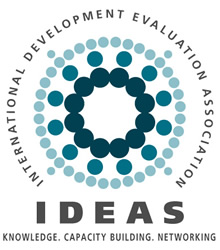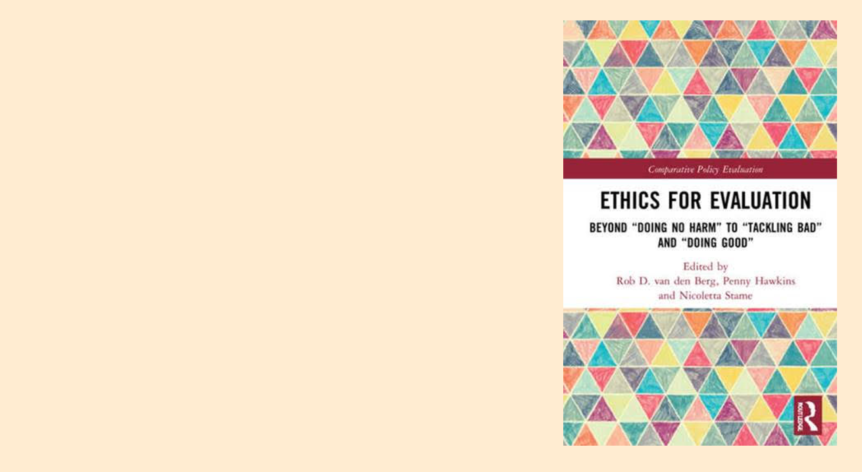 The Christmas present for development evaluation enthusiasts and evaluators is here.
The Christmas present for development evaluation enthusiasts and evaluators is here.Edited By Rob D. van den Berg, Penny Hawkins, Nicoletta Stame
In Ethics for Evaluation the diverse perspectives on ethical guidance in evaluation are untangled and ordered in a theoretical framework focusing on evaluations doing no harm, tackling bad and doing good.
Divided into four parts a diverse group of subject experts present a practical look at ethics, utilizing practical experience to analyze how ethics have been applied in evaluations and how new approaches can shape the future of ethics. The chapters collectively create a common understanding of the potential role of ethics to infuse policy decisions and stakeholder initiatives with evaluations that provide better insight and potential solutions for problems, going beyond “what works” to what needs to be done and what would help. The methodological scope ranges from working in contexts of fragility, conflict and violence, to participatory and decolonized approaches, including the ethical imperatives posed by global crises such as climate change, inequity and exploitative international relations.
Ethics for Evaluation presents evaluators, commissioners of evaluation, policymakers and practitioners with inspiration for an ethical perspective on how evaluation can contribute towards solving problems. It presents a solid foundation for inclusive terminology and ethics guidance that would be the heart of a global exercise in professionalization of ethical evaluation practice.



